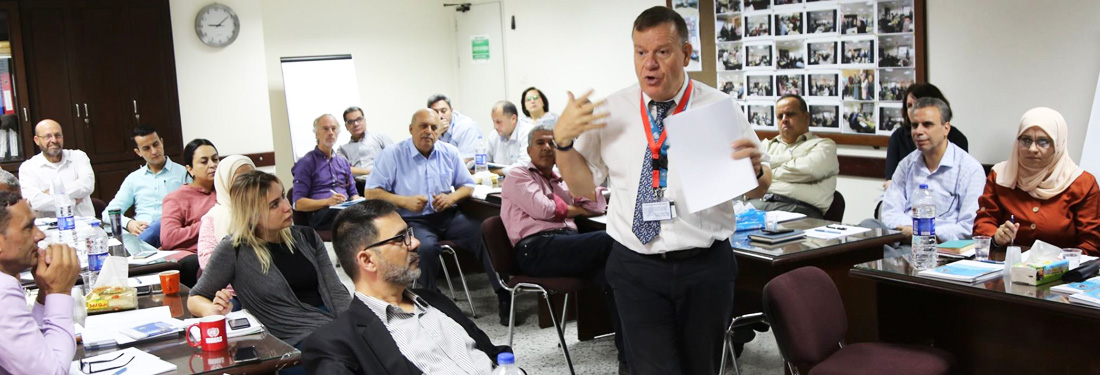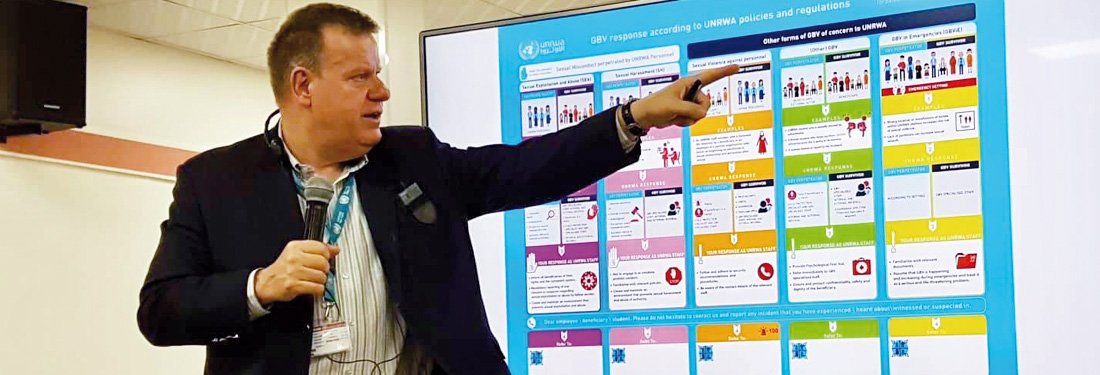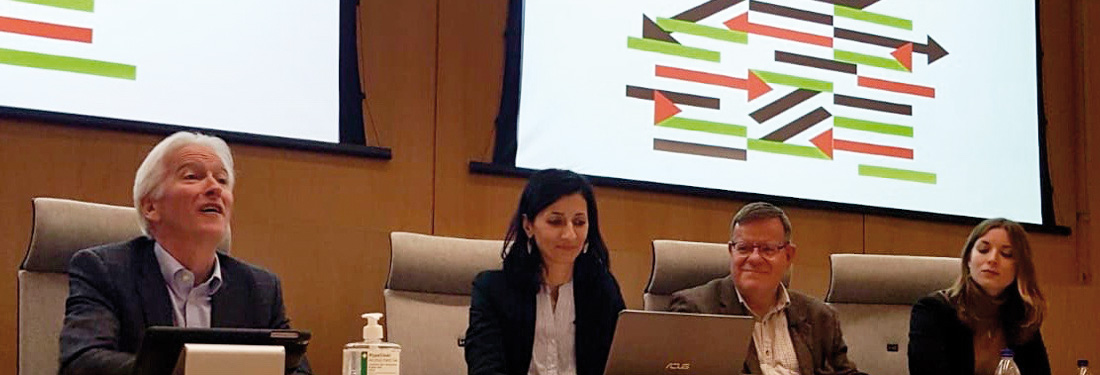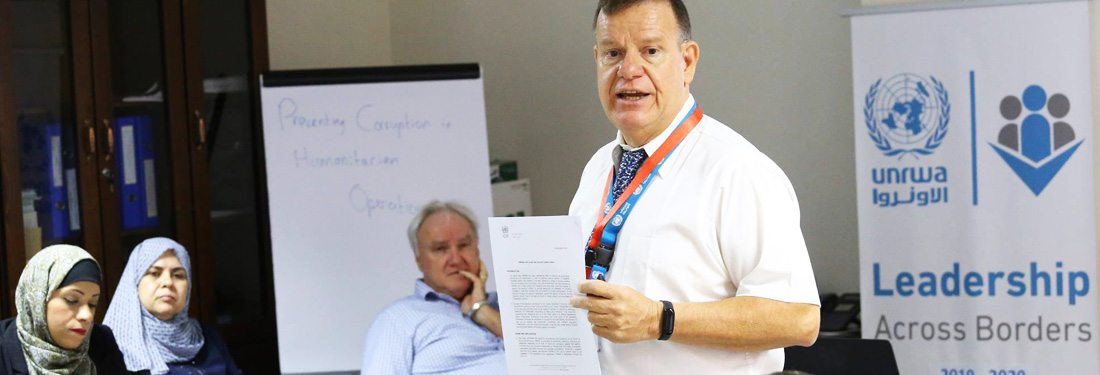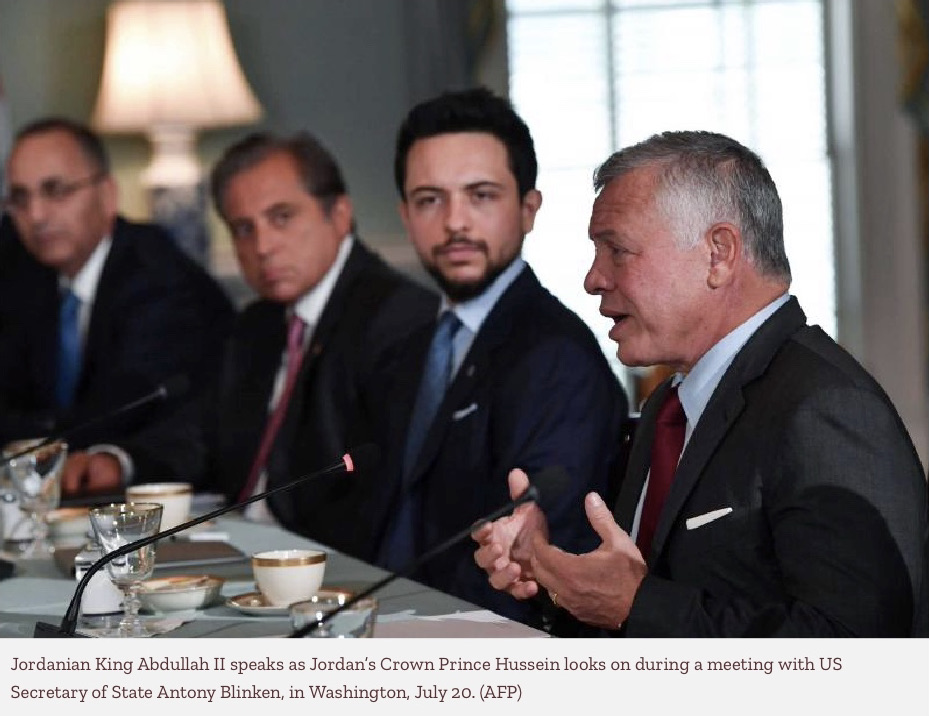
The recent developments in Israel and Palestine, as of April-May 2021, are amongst the latest signs that the discourse with respect to the Question of Palestine is entering a new phase, providing unprecedented opportunities for renewed engagement at multiple levels. The cancelation of the Palestinian elections has further underscored the collapse of the Palestinian national movement, led by an ‘old-guard’ seen as out of touch with its base, as well as the rift between Fatah / the PA in the West Bank and Hamas / the de facto authority in Gaza. Young Palestinians, both inside Israel and Palestine and beyond, have shown a sense of unity and bottom-up leadership that is novel in comparison to the public discourse since the end of the first Intifada.
In Israel, the recent Hamas bombardment has demonstrated that the years of “quiet”, during which Israel was able to maintain the status quo without paying a ‘price’, have come to an end, even though the coalition agreement governing the new Benett-Lapid Government makes no mention whatsoever of Gaza and only limited reference to the West Bank (language further extending Israel’s hold over Area C). Internationally, if the ‘normalization’ brought about by the so called ‘Abraham Accords’ seems to have favored Israel, other recent developments – supported by the HRW apartheid report – have shown an unprecedented level of grassroots solidarity with the Palestinian cause, in addition to the beginning of a fundamental shift in the position of some of the key traditional media (especially The New York Times) as well as key political stakeholders (in particular inside the Democratic party in the US and to a lesser extent in Europe).
For the Biden Administration, which in terms of initial Middle East priorities has been focusing on Iran whilst hoping to stay away from the Israeli-Palestinian conflict, the ‘flare-up’ in May made it clear that the Administration has no choice but to engage. It worked closely with Egypt to broker a Hamas-Israel cease fire, appointed Hady Amr as point person for the Administration’s engagement with Israel and the Palestinians (and likely appointee as Consul-General to the Palestinians) and engaged with incoming Israeli prime minister Bennet on ways to overcome the legacy of the Netanyahu reign. With respect to the latter, restoring Israel’s relationship with Jordan appeared to be a low-hanging fruit. In spite Israel’s peace treaty with Jordan since 1994, the fact that the border with Jordan is Israel’s longest, and that relations with the Kingdom are of strategic importance to the country, Netanyahu had allowed the relationship to deteriorate to its lowest point since 1994. Whether prompted by the US Administration or upon his own initiative, prime minister Benett paid a visit to King Abdullah in Amman – initially kept secret, apparently in view of the prevailing public sentiments in the Kingdom vis-à-vis Israel – in late June 2021, during which the leaders reportedly agreed to turn a new leaf in Israeli-Jordanian relations. On the same day, the foreign ministers of both countries agreed that Jordan would purchase an additional 50 million cubic metres of water from Israel. Apparently to brief him on the Benett meeting, King Abdullah invited Palestinian President Abbas for an impromptu meeting in Amman the day after the former’s meeting with the Israeli leader.
That the Israeli-Jordanian rapprochement seems to have been supported if not orchestrated by the Biden Administration is further demonstrated by the near simultaneous announcement of King Abdullah’s visit to the White House, the first by an Arab and Middle Eastern leader since Biden took office. The visit took place on Monday, 19 July 2021, during the Eid al-Adha holiday, and was followed a day later by a meeting between Abdullah and Secretary of State Blinken. During his visit, the King also met with Vice-President Harris as well as with congressional leaders from the Democratic and Republican parties in addition to other senior American officials. The King reportedly called for renewed movement on the peace process and for the launching of negotiations between the Palestinians and Israelis, on the basis of the two-state solution, warning of “the outbreak of violence again” if progress there is stalled. Abdullah also asserted that that his country speaks “with the voice of Palestine and everyone listens to it.”
Through the meetings, both Israel and the US appear to be signaling that they once again see a key role for the Kingdom with respect to the region’s stability. American leaders consider Abdullah a moderate and pragmatic leader who can play a mediating role in many issues in the region. And according to comments to journalists accompanying him on his visit, the King confirmed that the United States is aware of Jordan’s pivotal role and sees it as the best spokesperson for the region’s issues.
Jordan is to be congratulated with respect to the renewed and well-deserved opportunity for a higher-level engagement both with respect to the Question of Palestine and the affairs of the region more generally. The country remains host to the largest number of Palestinian refugees in the region and as such had been particularly affected by former President Trump’s decision to defund UNRWA. It was Jordan – representing the Arab hosts – and Sweden who have been working tirelessly, along with the agency, to overcome the funding deficit. Later this year, a conference organized jointly by Jordan and Sweden will consider solutions to UNRWA’s ailing finances in addition to revisiting the agency’s strategic direction. Jordan’s role in this respect is welcomed also as it signifies that the (future of) the refugee question – unlike the way it has been treated as part of the Middle East Peace Process – represents a regional issue as well as an international responsibility.
Beyond helping move UNRWA towards a more sustainable footing, there is a need for new thinking on Israel-Palestine more generally. Whilst the international community, Jordan included, formally continues to hold on to the two-state paradigm as the key to resolving the Question of Palestine, unilateral acts by Israel have effectively placed this solution beyond practical reach. This reality requires fundamental reflection, supported by research and deliberation of alternatives by the involved stakeholders in the region and beyond, first and foremost the Palestinians. Jordan is well-placed to offer a safe space for such reflections, which must include the Palestinian refugees and their rights and aspiratons. Unlike Egypt and the Arab States that recently entered into “normalization” agreements with Israel, Jordan has an intimate stake in the resolution of the Question of Palestine, also in view of the Hashemite custodianship of Jerusalem’s holy sites. Its relative stability and position as informal representative of the Arab hosts of the Palestinian refugees, in addition to its excellent relationship with the Palestinian leadership and other Arab leaders, with the West, and the new reproachment with Israel, make that Jordan is uniquely positioned to provide the courageous and visionary leadership necessary to move beyond the current stalemate, seizing the opportunity to work towards concrete change at all levels for the benefit of both Jordan and Palestine. The presence of several prominent think tanks in the Kingdom allows for “second track” discussions to complement more formal deliberations.

